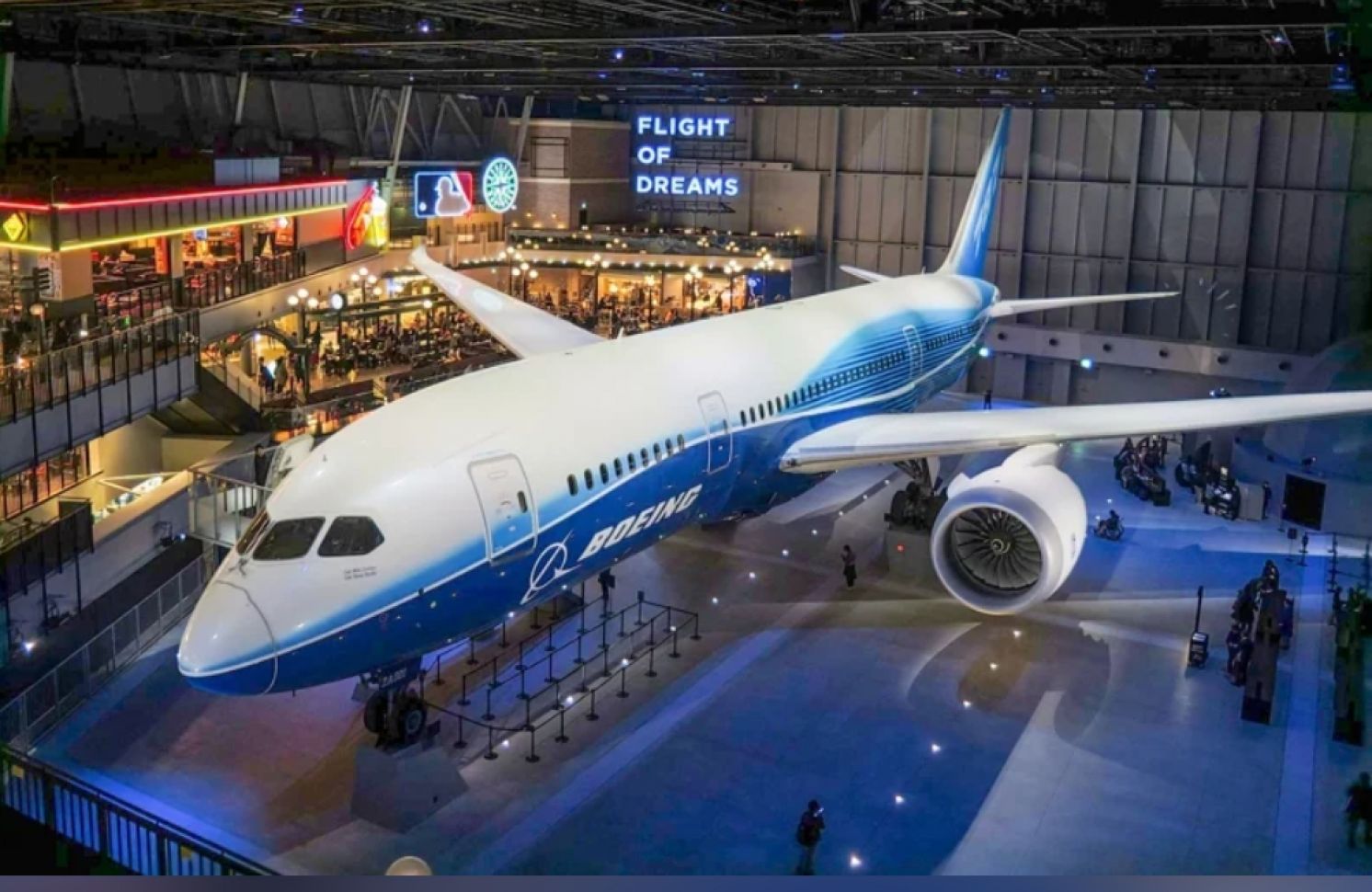
Is Paying A Protection Fee the Norm?
By Cheng Chih-chao
China Times, April 29, 2022
A United States Congressional delegation visited Taiwan in the middle of April. The Ministry of Foreign Affairs claimed that the visit demonstrated the “rock-solid” support and commitment of the United States to Taiwan. However, the media later broke the news that the members of the U.S. Congress openly asked President Tsai Ing-wen to purchase the Boeing 787 passenger plane which costs up to $8 billion. As it appears, the price of American support not only pushes Taiwan to the brink of geopolitical conflict but it also includes paying high protection fees.
On April 15, President Tsai received the American delegation. In the English press release issued by the Office of the President, Republican Senator Lindsey Graham directly stated to President Tsai, “We hope to strengthen the ties even more economically. We hope you buy the Boeing 787, which is manufactured in South Carolina.” After the news came to light, Spokesman Chang Tun-han of the Office of the President stated that it is “a norm for democratic countries” that members of parliament should care about and promote their country’s industries. This piece of news report was deemed not helpful to U.S.-Taiwan relations and its intention is debatable.
Even so, it is strange that Senator Graham’s request was not mentioned in the mandarin press release of the Office of the President. If his promotion is “a norm for democracies,” why does the Presidential Palace need to deliberately conceal this costly purchase proposal? Is it to hide it from the Taiwanese people?
What the presidential spokesman left out was that it is normal for the United States to hard sell American arms and products to other countries. For example, the United States would request countries such as Germany, Japan, and South Korea to increase their military expenditure for the U.S. military stationed there. This model of paying a “protection fee” has aroused the dissatisfaction of many governments and people. During the Russia-Ukraine War, the U.S. has also taken the opportunity to sell American armaments and natural gas to Europe.
In recent years, the United States has increased its support for Taiwan. The Tsai administration claims that “the relationship between Taiwan and the U.S. has never been better since the severance of diplomatic ties.” Nevertheless, the actual price that Taiwan must pay has also risen with the tide. Secretary of State Antony Blinken said in a Congressional hearing on April 26 that since 2017, the total U.S. arms sales to Taiwan have surged by nearly $20 billion. These purchases would be worthy if they actually do enhance our country’s combat power. However, the United States often sells arms that either do not meet Taiwan’s needs or have already been independently developed by Taiwan. Not only is Taiwan taken advantage, but the benefit of these purchases to our national defense is also limited, hindering our plans to advance promote defense autonomy.
The United States also covets the semiconductors in Taiwan. Morris Chang, founder of the Taiwan Semiconductor Manufacturing Company (TSMC), on April 14 admitted for the first time that TSMC only built a new factory in Arizona because of the urging of the United States. The cost of the same product is 50 percent more expensive in the States than it is in Taiwan, and the previously promised subsidies were never fulfilled. This case serves the interests of the U.S. industry but is not conducive to the long-term development of TSMC.
It is undeniable that these cross-party members of the Senate and House of Representatives who visited Taiwan have a certain influence in the American political circle and have repeatedly promoted the Taiwan Allies International Protection and Enhancement Initiative (TAIPEI) Act. However, the promotion of economic and trade relations between the two countries should be based on the spirit of reciprocity rather than arbitrary purchases due to politics.
Take China Airlines for example. The company intends to purchase new aircraft due to the expiration of the current Airbus A330 lease. Naturally, Boeing 787 is also listed as one of the options. However, China Airlines has mainly purchased passenger and freighter aircraft from Airbus in recent years. If China Airline decides to purchase aircraft from a different company, then it would increase their maintenance costs and the need to add corresponding components to their inventory. This means that “politically purchasing” Boeing 787 may disrupt China Airlines’ original aircraft arrangements.
The norm in a true democracy is making information accessible to the public. Even if the government wishes to pay for American protection through airliner purchases, it should be transparent to the public. Clearly, the Tsai administration deliberately concealed part of the senator’s remarks. After the media caught their act, the government turned the table and instead accused the media for sabotaging U.S.-Taiwan relations. If this also is considered the norm of a democracy, then it is indeed a perverted one.
From: https://www.chinatimes.com/newspapers/20220429000510-260109?chdtv